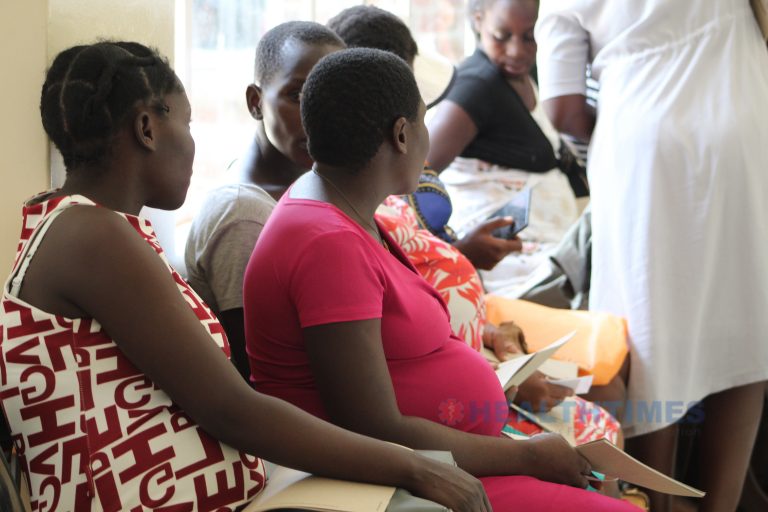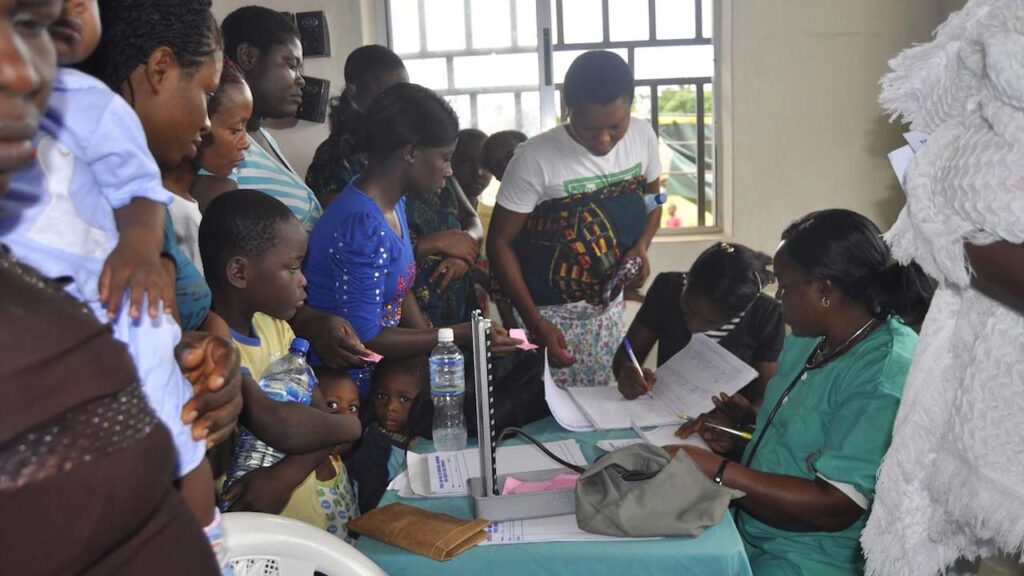Dear Beamers,
Greetings! As part of our commitment to delivering comprehensive insights and updates, we are thrilled to present this week’s edition of our newsletter – a discussion on the persistent challenges faced by pregnant women in Nigeria.
The mortality-to-live-birth ratio in Africa’s most populous and culturally diverse country continues to escalate. An average Nigerian woman faces a significantly elevated lifetime risk of mortality during pregnancy, childbirth, or postpartum/post-abortion. This is a stark contrast to the negligible lifetime risk experienced in the most developed countries.
The persistent rise in maternal mortality rates, akin to various health indicators, mirrors systemic disparities consistent with developing nations such as Nigeria. Pregnant women, particularly those in rural communities within Nigeria, encounter distinct birth outcome rates compared to their counterparts in more advanced countries. As a result, this discrepancy bears repetitive consequences for both maternal and fetal mortality.
“The significant number of moms dying in Nigeria shows that not everyone has equal access to healthcare. It tells a gap between the rich and the not-so-rich. Women with less money in remote areas often don’t get the best healthcare. Limited awareness, not having much money, and relying on traditional methods make them more likely to face serious health issues during pregnancy. The rising number of deaths is worrying and makes pregnant women in these areas anxious about what might happen when they give birth.” Says Fasugba Lawan
Despite the government’s increasing interest and efforts to promote antenatal care services in Nigeria, elevated levels of infant and maternal mortality persist as a significant public health challenge in the country. The insufficient utilization of antenatal care significantly contributes to the sustained high rates of maternal and neonatal mortality. Evidence indicates that antenatal care serves as a crucial opportunity for identifying and implementing appropriate interventions to address some of the causes of maternal mortality in Nigeria, particularly in rural areas.

Antenatal care plays a pivotal role in the timely identification and management of potential threats to both the mother and her unborn child. Antenatal care help in the early detection and treatment of medical complications including but not limited to anaemia, hypertension, ectopic pregnancy, obstructed labour, eclampsia, excessive bleeding, and premature labour and delivery. The pertinent inquiry is why is there a lack of attendance by pregnant women at Antenatal Care in Nigeria?
Socio-cultural factors exert a notable influence on some women’s capacity to access antenatal care in health facilities. Despite women being the primary individuals experiencing pregnancy, a discernible trend emerges wherein many women are not actively involved in decisions pertaining to their care, particularly in certain communities. The limited agency granted to pregnant women in determining what is optimal for both themselves and their unborn children is a disheartening circumstance.
According to Nwolisa Nancy,
“Blaming the mother for not having a male child is heartbreaking, especially when it’s often the mother-in-law making a big deal out of it. Some women bear multiple responsibilities in the family, even when heavily pregnant. As a woman, there’s an expectation to manage all tasks without support from the father of the children. Without family, a husband, or a maid to help with household chores, the burden becomes more challenging. Additionally, visiting the hospital for checkups during pregnancy may face resistance due to perceived costliness, with some still adhering to traditional methods and concepts as the perceived most efficient approach.”
Poverty also serves as a prevalent underlying factor contributing to the underutilization of skilled maternal health care services. Economic limitations curtail the choices and rights of Nigerian women in accessing essential reproductive health care services. Consequently, some women resort to consulting traditional birth attendants instead of skilled professionals. Given the economic of the country, certain men will rather prioritize saving for delivery and post-delivery care, with the expectation that the child’s health will be satisfactory as long as the mother remains in good health.

The logistical aspects of Nigeria’s health systems pose additional challenges for pregnant women. Frequently, the unavailability of fuel for ambulances within these health systems becomes a notable impediment to efficiently transporting patients between facilities. Instances arise where pregnant women in need of referral due to complications do not have access to an ambulance for the transfer. Confronted with the high costs of transportation, some women resort to walking to health centers on foot. Furthermore, the poor condition of roads leading to certain clinics serves as a discouraging factor, hindering the operation of safe and careful drives.
Successfully overcoming transportation challenges within the community and arriving at a health facility does not guarantee the absence of healthcare incompetence. The presence of healthcare incompetence significantly influences subsequent attitudes and behaviors related to the utilization of healthcare services during pregnancy, labor, and the immediate postpartum period.
Numerous disconcerting challenges characterize health services in Nigeria. Prolonged waiting times in clinics, financial constraints, elevated service costs, and the considerable distance to health centers emerge as primary hurdles for pregnant women. The dissatisfaction stemming from these challenges reflects clients’ assessments of service shortcomings, setting off a chain reaction of adverse consequences, including discouragement, non-compliance with treatment, strained relationships with healthcare providers, ultimately impeding positive health outcomes.
According to Bamigboye Faizoh, a contented patient is more inclined to return for additional services and is likely to recommend the same services to others.
“Satisfaction is basically what patients think about different parts of healthcare – like how well things are done, how staff treats you, and how the place is organized. It’s about the quality of services – if they’re up-to-date, accurate, useful, and meet your specific needs. From the moment you step into the clinic until you leave, it’s everything: how the staff behaves, the cost of care, time spent at the hospital, how private it feels, whether your information is kept confidential, if there are enough qualified professionals, and how well the doctor communicates. If all these aspects are good, you’re likely to want to come back for more services and tell others about it too.”

The persisting issue of maternal mortality constitutes a grim reality, claiming the lives of both pregnant women and their unborn children. This underscores the necessity for the health sector to take proactive measures in raising awareness about the critical circumstances faced by pregnant women who do not avail themselves of antenatal services, and to strategize on ways to engage their interest and involvement in such essential care.
Therefore, to instill confidence and garner patronage from women and their partners, health facilities need to be adequately stocked with drugs and staffed by proficient health professionals who have undergone reorientation towards professionalism. Additionally, motivation strategies are crucial, complementing the establishment of well-equipped health facilities with sufficient supplies of drugs, equipment, and consumables. It is imperative to address these aspects to mitigate the tragic toll of maternal deaths, a challenge that demands an urgent solution.




